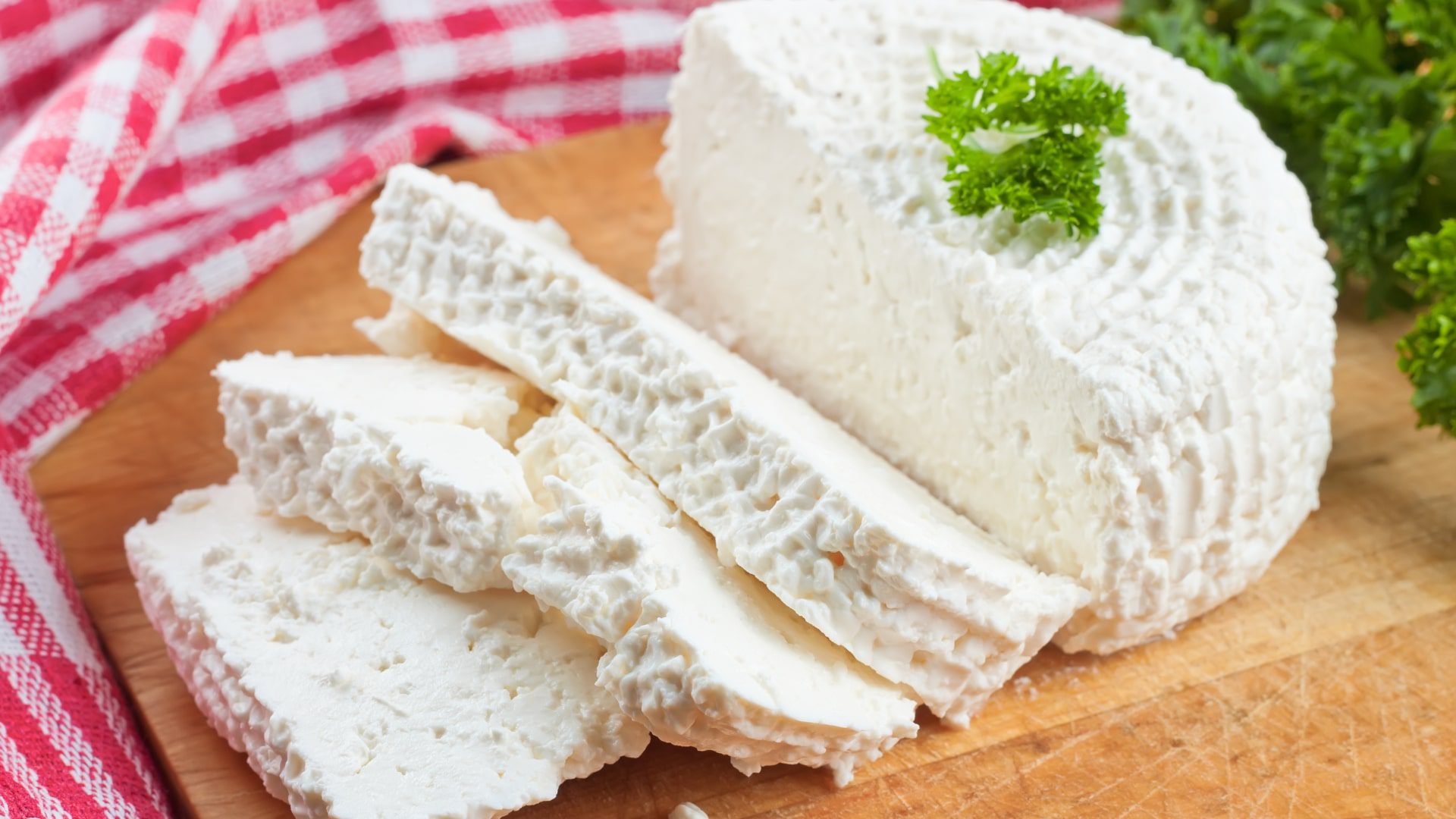
Cottage cheese, also known as curd cheese, is a soft, fresh cheese made from the curds of cow’s milk. It has been a staple in many diets around the world for decades, not only because of its creamy texture and mild flavor but also because of its impressive nutritional profile. But is cottage cheese truly good for your health? Let’s dive in.
Table of Contents
Nutritional Profile of Cottage Cheese
Cottage cheese is packed with essential nutrients, making it a powerhouse for a healthy diet:
-
Protein: Cottage cheese is an excellent source of protein, particularly casein, which is digested slowly and helps maintain muscle mass.
-
Calcium: Vital for strong bones and teeth, calcium also plays a role in nerve signaling and muscle function.
-
B Vitamins: Contains B12, riboflavin, and folate which support energy production and brain health.
-
Phosphorus: Works with calcium to maintain bone strength.
-
Low in Calories: Depending on the fat content, cottage cheese is relatively low in calories, making it a great option for weight management.
Health Benefits of Cottage Cheese
1. Supports Muscle Growth
The high protein content makes it a favorite among athletes and fitness enthusiasts. Casein protein in cottage cheese provides a slow and steady release of amino acids, which helps in muscle repair and growth.
2. Helps in Weight Management
Low in calories and high in protein, cottage cheese can help you feel full for longer. Including it in your meals can reduce cravings and overall calorie intake.
3. Promotes Bone Health
Rich in calcium and phosphorus, cottage cheese supports strong bones and helps prevent osteoporosis.
4. Good for Digestive Health
Some varieties contain probiotics, which are beneficial bacteria that support gut health and improve digestion.
5. Supports Heart Health
Low-fat cottage cheese contains potassium and magnesium, which help regulate blood pressure.
Cottage Cheese and Diet Considerations
While cottage cheese has many benefits, there are a few things to consider:
-
Sodium Content: Some brands contain added salt, which can contribute to high blood pressure if consumed in excess. Opt for low-sodium versions when possible.
-
Fat Content: Full-fat cottage cheese has more calories, while low-fat or fat-free versions may be better for weight-conscious individuals.
-
Lactose Intolerance: People who are lactose intolerant may need to choose lactose-free cottage cheese or limit their intake.
How to Incorporate Cottage Cheese Into Your Diet
-
Breakfast: Mix with fruits, nuts, or seeds for a protein-packed start to the day.
-
Snacks: Enjoy with vegetables or whole-grain crackers.
-
Meals: Use it as a topping for salads, baked potatoes, or as a filling in wraps and sandwiches.
-
Baking: Replace higher-fat ingredients with cottage cheese in recipes like pancakes, muffins, or lasagna.
Cottage cheese is a nutritious, versatile, and protein-rich food that can fit into most healthy diets. Whether your goal is muscle building, weight management, or overall wellness, incorporating cottage cheese can be beneficial. As with all foods, moderation and choosing the right variety (low-sodium, low-fat, or full-fat depending on your goals) is key.


